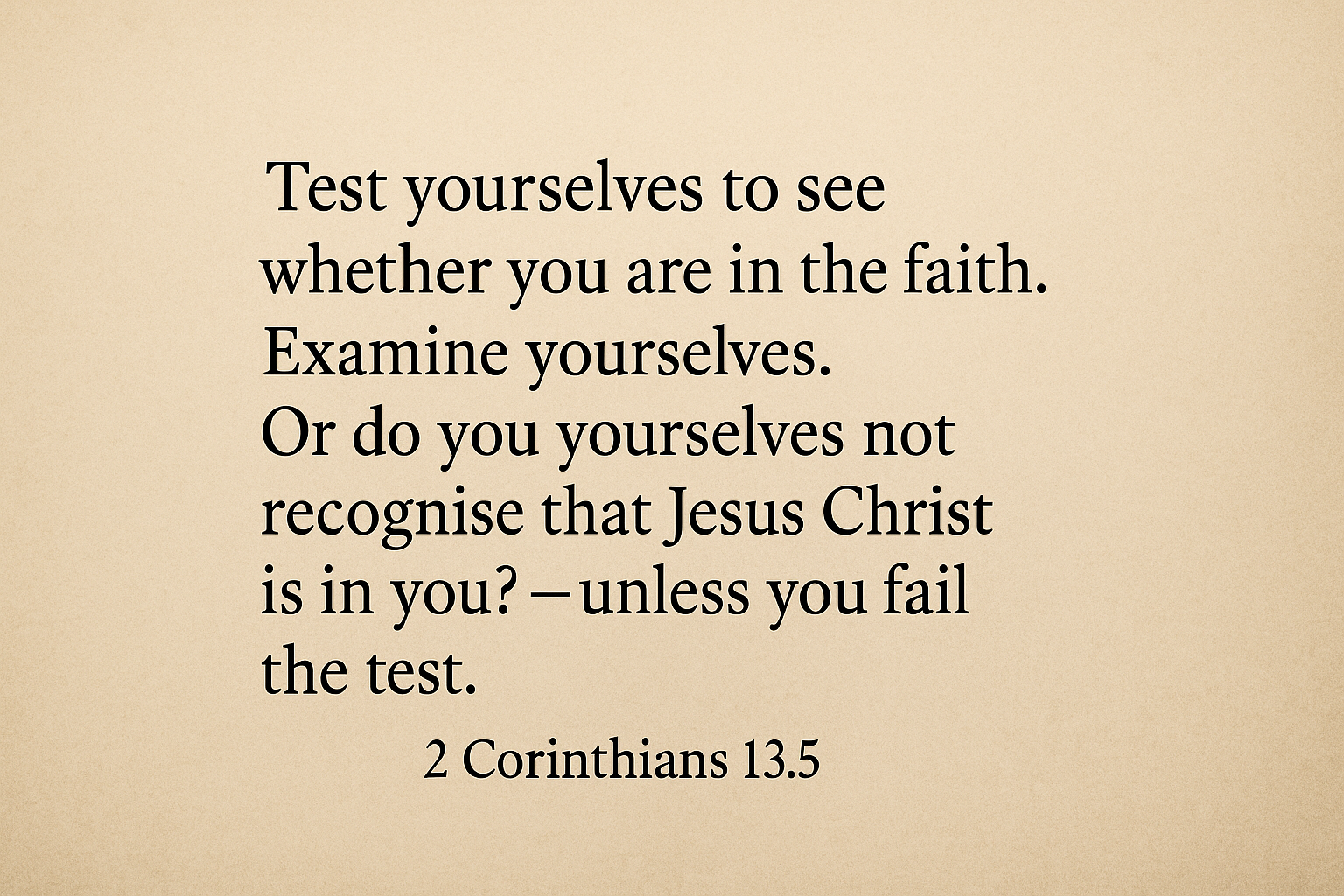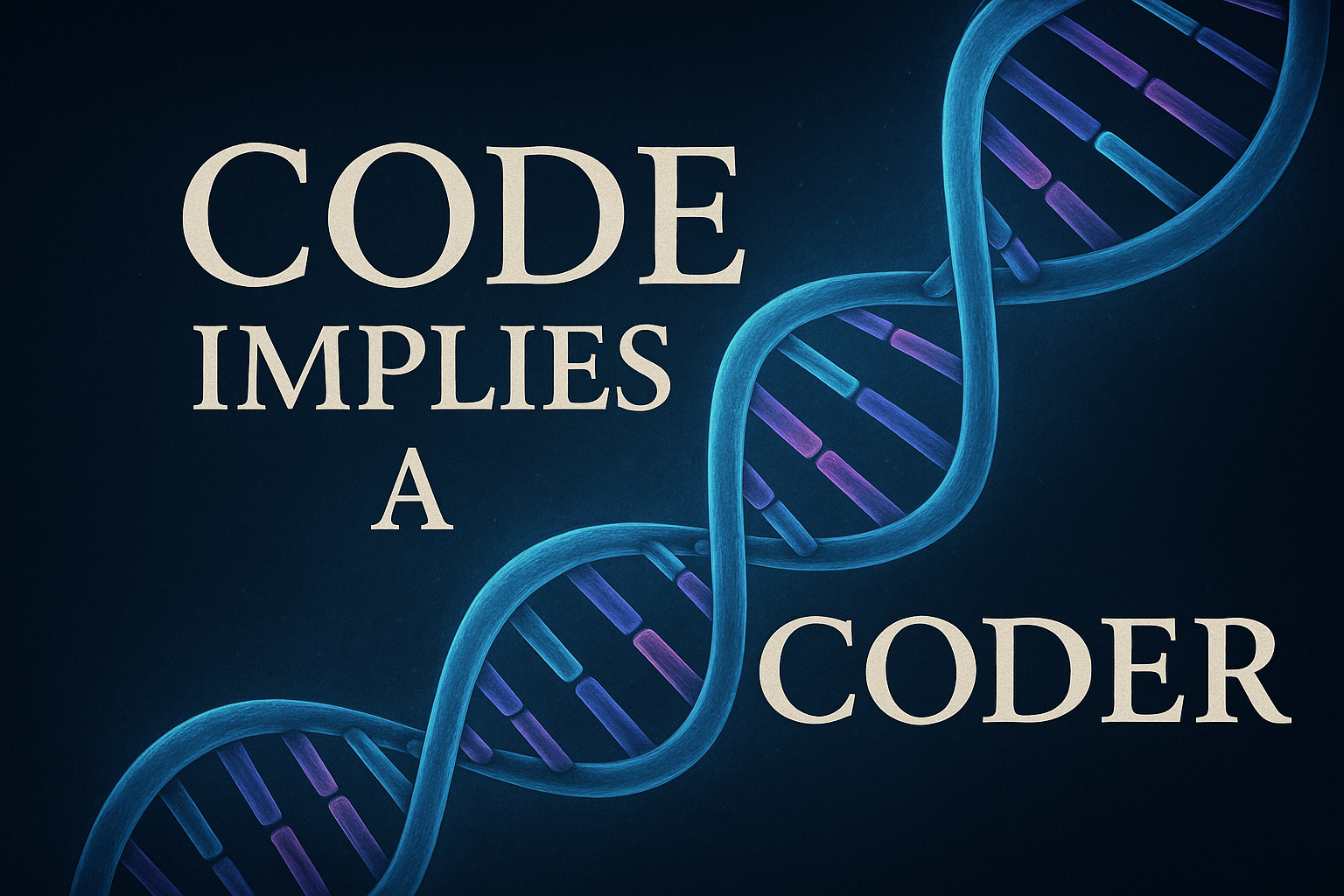Author: Vince
-

The Free Gift of Eternal Life
The cynical often says “nothing is really ever free”. But this book, the Bible, speaks of the greatest free gift of all: eternal life. This is offered by God to all humanity, “For God so loved the world that he gave his one and only Son, that whoever believes in him shall not perish but have…
-

Who Were They? Clarifying John 8:31–47
The eighth chapter of John’s Gospel contains one of the most misunderstood dialogues in the New Testament. It begins with the beautiful statement, “As He spoke these things, many believed in Him” (John 8:30), but within only a few verses, those who appear to have believed are called liars, murderers, and children of the devil. For centuries,…
-

October 7th and the reawakening of an ancient hatred
October the 7th, 2023, was a tragedy for Israel. The unprovoked assault by Hamas, marked by the murder and kidnapping of civilians, shocked the world. In the early hours of that Sabbath morning, coinciding with the Jewish festival of Simchat Torah, over 3,000 rockets were fired from Gaza into Israeli towns and villages. Under the…
-

Once a son, always a son
Rembrandt’s Return of the Prodigal Son, depicting the father’s embrace of his wayward son. The son’s ragged state did not nullify his sonship or the father’s love, illustrating the enduring bond between God and His children. For many readers, the parable of the prodigal son conjures up a dramatic conversion scene, an unbeliever hitting rock bottom…
-

Repentance and the Kingdom — Why Israel still matters
I’ve written and argued this point several times before, and for me, it really doesn’t take more than a careful reading of Matthew 24 to see that the second coming of Jesus is a Judeo-centric event. It is Jerusalem that He mourns over. It is to Zion that He returns. And it is Israel’s national…
-

Hebrews and its contribution to soteriology
Soteriology is concerned with the theology of salvation (Young, 1990), the restoration of the sinner to divine favour and communion with God (Berkhof, 1996, p. 415). The term comes from the Greek words σῴζω (save, deliver) and σωτηρία (salvation, deliverance); their major use in this discipline is to denote the salvific work of God on behalf of man (Chafer,…
-

Understanding 2 Corinthians 13:5
Test yourselves to see whether you are in the faith. Examine yourselves. Or do you yourselves not recognise that Jesus Christ is in you? – unless you fail the test. — 2 Corinthians 13:5 (CSBA) This verse is often cited as a proof text for promoting self-examination as a requirement for assurance of salvation. Believers are frequently…
-

The Signature of Intelligence: Why DNA Points to God
As a computer scientist, I’ve spent my life working with code. I know the difference between randomness and logic, noise and signal. Code has structure. It has syntax. It follows rules and carries intention. You don’t get code by accident. You don’t get meaning without mind. Which brings me to the human genome, the very…
-

Why the Rapture Must Be Distinct and Pre-Tribulational
Or else, there’s no Rapture at all. Every now and again, the question of the Rapture comes up—especially with a dear brother of mine who has always struggled to grasp the logic behind it. Though I do not divide over views of the Rapture, nor make it a test of orthodoxy, I do hold a…
-

Eternal Torment or Finished Work? One Can’t Have Both
In our day, the dominant tradition concerning eternal punishment is that of Eternal Conscious Torment (ECT). I do not hold to it. In my view, annihilationism aligns more closely with the biblical data, for several compelling reasons. Of course, not all forms of annihilationism are identical, so to be perfectly clear: I believe that unbelievers…
